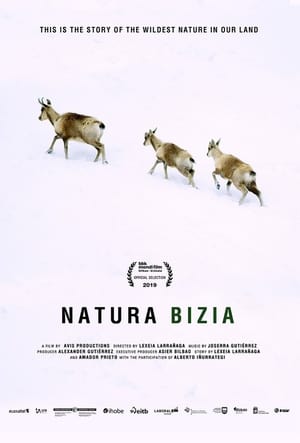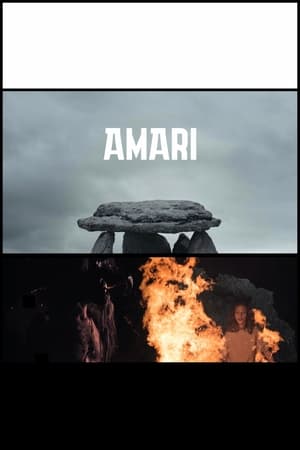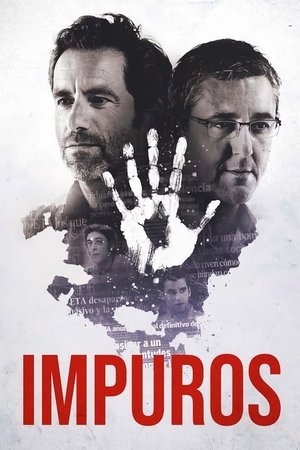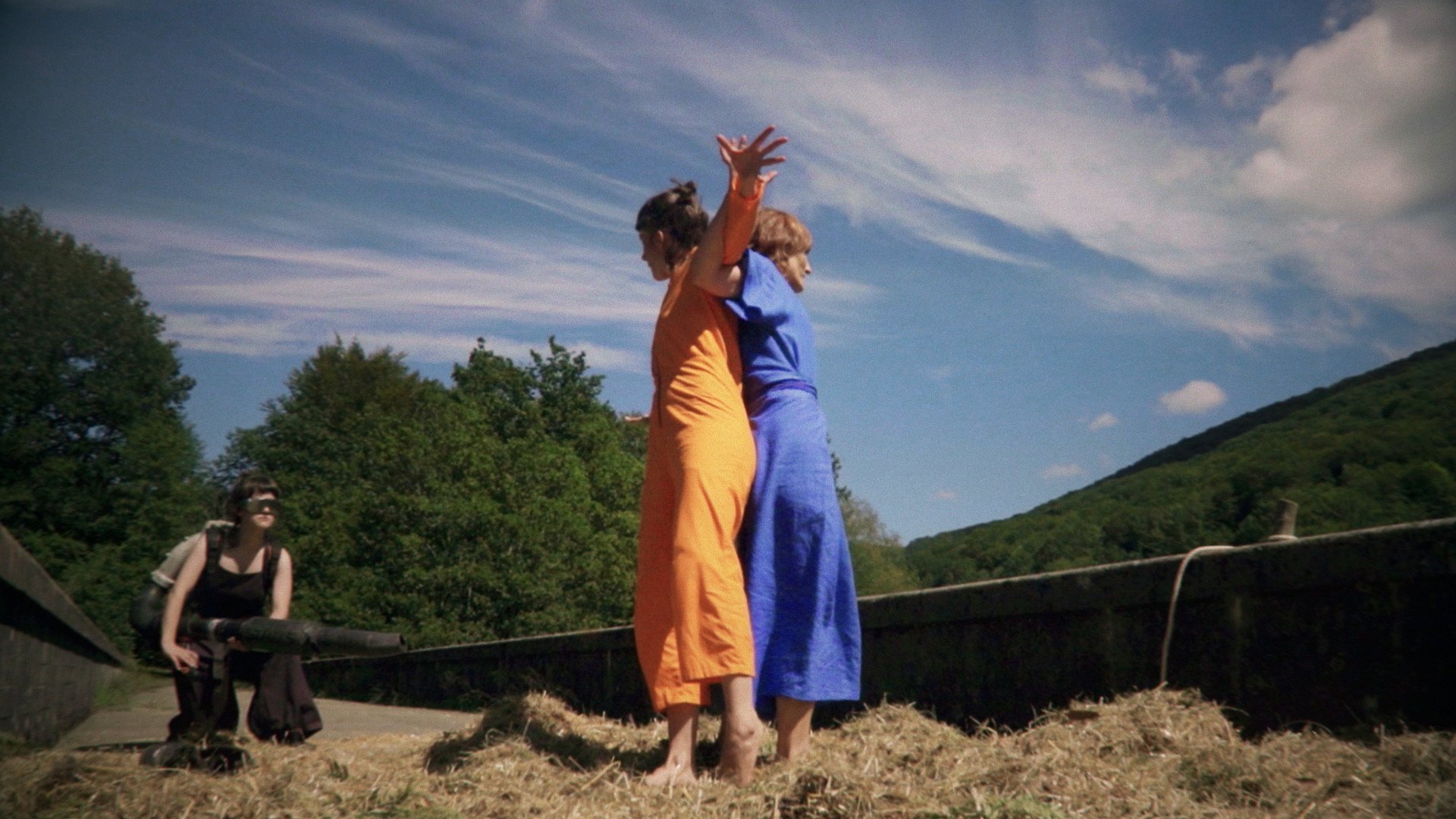
Urak aske: presak kendu, ibaiak berreskuratu

Urak aske: presak kendu, ibaiak berreskuratu
HomePage
Overview
Release Date
2022-05-03
Average
0
Rating:
0.0 startsTagline
Genres
Languages:
EspañolFrançaiseuskeraKeywords
Similar Movies
 6.0
6.0The Basque Ball: Skin Against Stone(es)
An attempt to create a bridge between the different political positions that coexist, sometimes violently, in the Basque Country, in northern Spain.
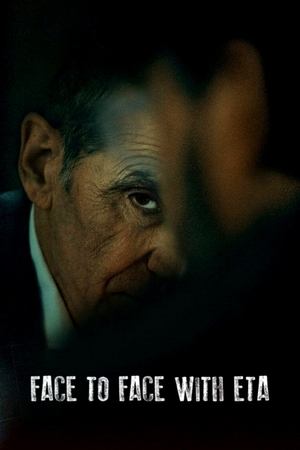 7.0
7.0Face to Face with ETA: Conversations with a Terrorist(es)
An in-depth interview with José Antonio Urrutikoetxea, known as Josu Ternera, one of the most relevant leaders of the terrorist gang ETA.
 0.0
0.0I am the Earth. Stories from the End of the World(es)
Over 46 minutes, the film takes the viewer on a journey to discover different initiatives and cases where Chileans are contributing to mitigate the effects of climate change, from large-scale projects and scientific innovations to day-to-day citizen actions, all of which are collectively necessary. The focus of this documentary is to show how Chile is contributing to an issue that affects all of humanity, such as climate change, in five thematic areas: sustainable agriculture; forest and biodiversity conservation; renewable energy; the water crisis; and astronomy.
 0.0
0.0Exergo(eu)
Departing from peripheral details of some paintings of the Bilbao Fine Arts Museum, a female narrator unravels several stories related to the economic, social and psychological conditions of past and current artists.
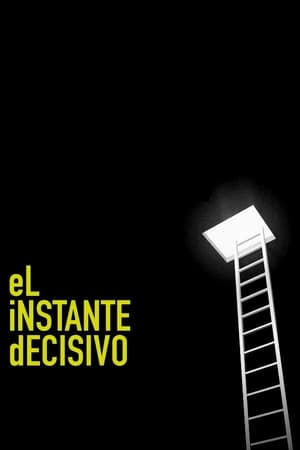 2.0
2.0El instante decisivo(es)
Spain, 1997. The story of twelve days in July during which Basque society left indifference and fear behind and faced the threat of the terrorist group ETA.
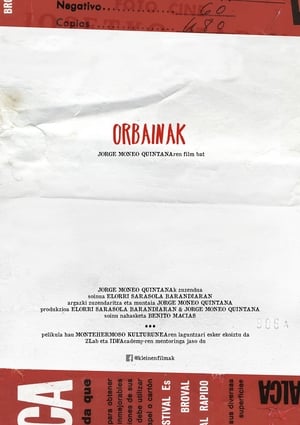 10.0
10.0The Scars(eu)
The personal stories lived by the Uncle, the Father and the Son, respectively, form a tragic experience that is drawn along a line in time. This line is comparable to a crease in the pages of the family album, but also to a crack in the walls of the paternal house. It resembles the open wound created when drilling into a mountain, but also a scar in the collective imaginary of a society, where the idea of salvation finds its tragic destiny in the political struggle. What is at the end of that line? Will old war songs be enough to circumvent that destiny?
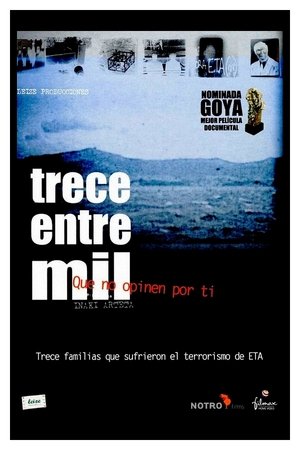 6.5
6.5Trece entre mil(es)
The abject crimes of the terrorist gang ETA have marked the lives of many Spaniards; men, women and children who were silenced, harassed, persecuted, finally murdered. Thirteen stories, thirteen tragedies, just thirteen among thousands.
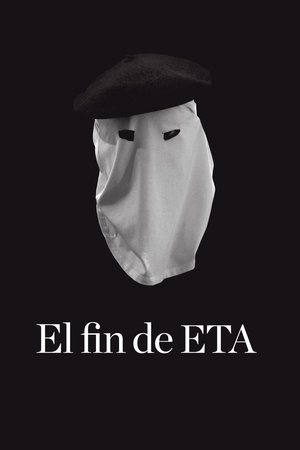 5.9
5.9The Demise of ETA(es)
The chronicle of the process, ten long years, that led to the end of ETA (Euskadi Ta Askatasuna), a Basque terrorist gang that perpetrated robberies, kidnappings and murders in Spain and the French Basque Country for more than fifty years. Almost 1,000 people died, but others are still alive to tell the story of how the nightmare finally ended.
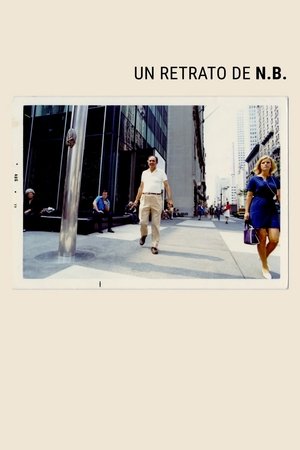 0.0
0.0A Portrait of N. B.(es)
Through his own photographs, the Basque artist Néstor Basterretxea (1924-2014) is portrayed by the art critic and exhibition curator Peio Aguirre, a great connoisseur of his work and personal archives.
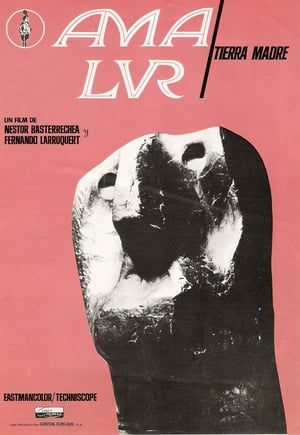 6.0
6.0Mother Earth(eu)
'Ama Lur' is a documentary, directed by Nestor Basterretxea and Fernando Larruquert, that premiered in San Sebastián in 1968, and it is considered the foundation of Basque cinema.
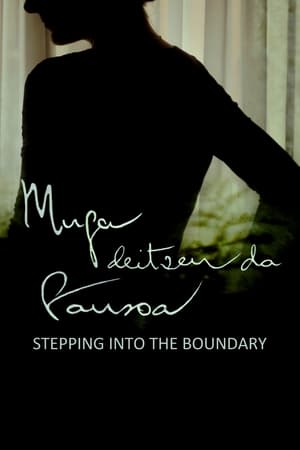 0.0
0.0Stepping Into the Boundary(eu)
Donostia-San Sebastián, Basque Country, Spain, 2011. Maider, a filmmaker, moves to the very same flat where pedadogist Elbira Zipitria Irastorza (1906-1982) clandestinely established the first ikastola, a Basque school, under the harsh regime of dictator Francisco Franco. Despite of her pioneering work, developed throughout thirty years, her story is not well known, so Maider, intrigued, begins to research…
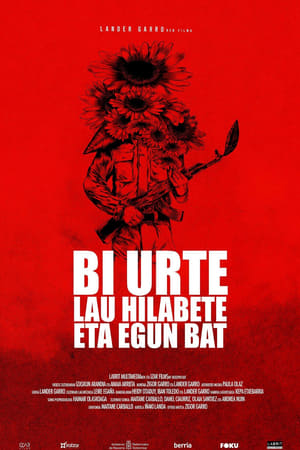 0.0
0.0Two Years, Four Months and One Day(eu)
The documentary tells the story of six friends who fought against compulsory military service in the Basque Country. They were all imprisoned for refusing to perform military service, and they all preferred prison to the army. They showed great courage and stubbornness, until they managed to win the antimilitarist struggle against the Spanish State.
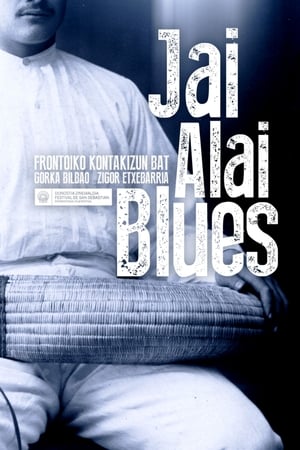 0.0
0.0Jai Alai Blues(es)
The story of how a humble Basque rural sport called zesta punta —or jai alai— was successfully exported from the Basque Country to nations as different as Egypt, China, the Philippines, Cuba, Mexico or the United States. In these places, the pelotaris were considered true artists at the fronton. But the splendour of the jai alai, the happy feast, could not last forever.
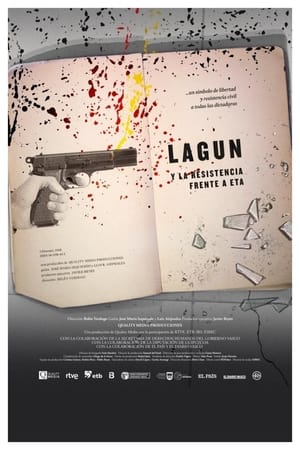 0.0
0.0Lagun and the Resistance Against ETA(es)
The turbulent story of the Lagun bookstore — located in San Sebastián, in the Basque Country, Spain — is a powerful tale of courage, resistance and struggle; first against the Franco dictatorship, then against the terrorist gang ETA and its numerous and sinister acolytes.
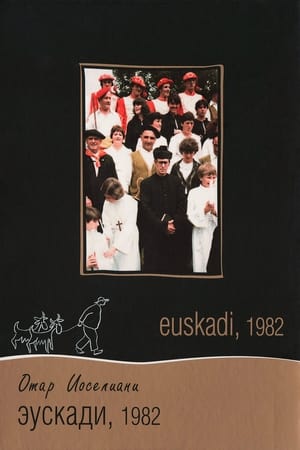 1.0
1.0Euskadi, Summer 1982(fr)
Part of a series in which foreign filmmakers portray a region or town in France. Otar Iosselani looks at the Basque region and its inhabitants.
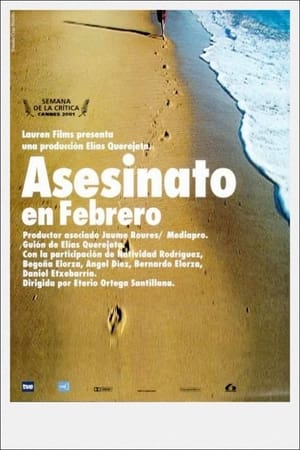 6.0
6.0Assassination in February(es)
A reflection on the assassinations of social democrat politician Fernando Buesa Blanco and his bodyguard Jorge Díez Elorza, perpetrated by the terrorist gang ETA in Vitoria-Gasteiz, Basque Country, Spain, on February 22, 2000.
